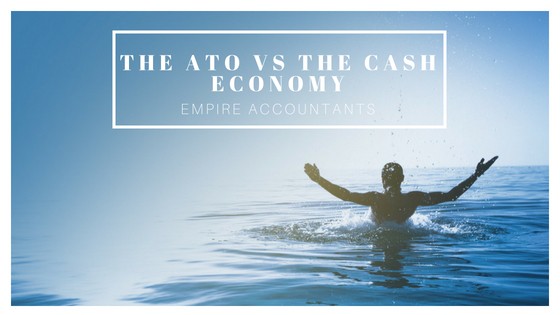The ATO vs The ‘Cash Economy’ | Motor Vehicle Data Matching
Posted 10 May '18

Posted 10 May '18

The new data matching strategy is designed to catch out anyone from cash in hand tradies to organised crime gangs trying to legitimise their money by buying assets.
Using Motor Vehicle Data Matching the ATO plan to obtain information on businesses and individuals who have transferred or registered a motor vehicle in the financial years 2016-17, 2017-18 and 2018-19, where the purchase price is equal to or greater than $10, 000.
Why?
The purpose of motor vehicle data matching is to identify risks or trends of non-compliance with tax and super obligations.
Or put simply, to identify and address people who are participating in the cash economy and not declaring income, to avoid their taxation obligations.
How?
The ATO will be accessing external data from state and territory vehicle registering authorities and cross-referencing with it’s own data.
The ATO will use the data to identify:
• Those spending more than their declared income
• Those buying motor vehicles who report some/none of the sale
The ATO will also use the data to address non-compliance in:
• Income Tax
• Super
• GST
• Fringe Benefits Tax
• Luxury Car Tax
What are the consequences for non-compliance?
Taxpayers will be given the opportunity to verify the accuracy of the information obtained by the ATO before any administrative action is taken. In cases where taxpayers are not complying with obligations, even after reminders, prosecution action may be issued in the appropriate circumstances.
Taxpayers who are participating in the cash trade, or not declaring the appropriate income are able to contact the ATO to make a voluntary disclosure.

When you plan with intention - and pair it with accountability - you’re not just hoping things will work out. You’re building a business that will.
.jpg)
Let’s face it; bookkeeping isn’t the most exciting part of running a business. However, it’s one of the most important! Keeping your financial records in check not only helps you stay on top of your business but moreover ensures you're meeting Australian Taxation Office (ATO) requirements without stress or penalties.